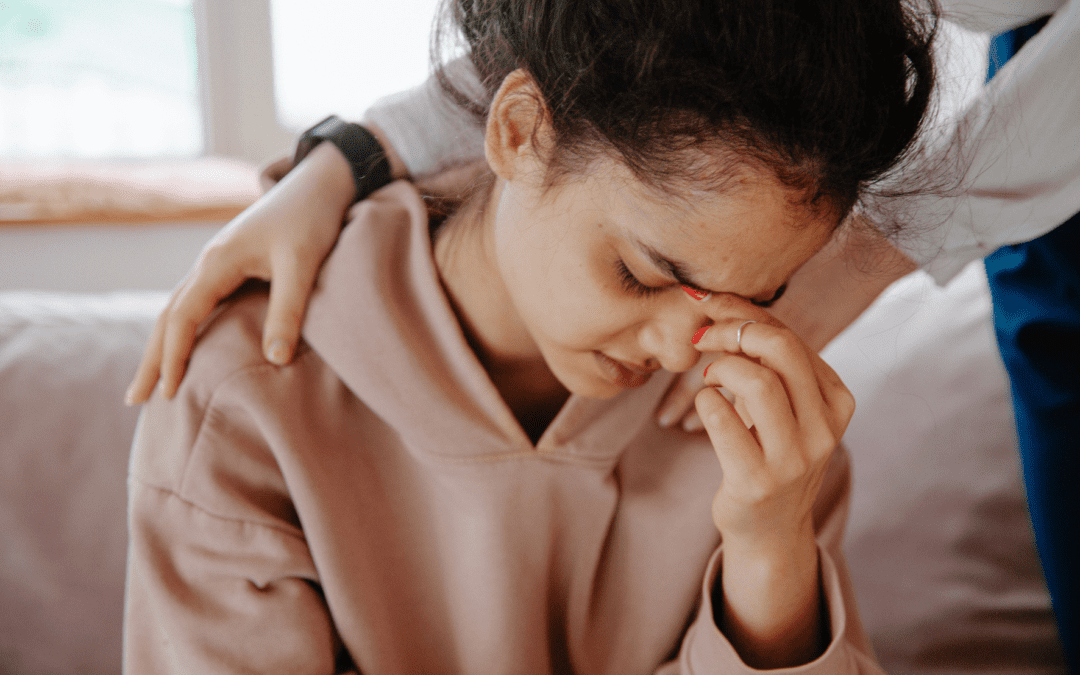Author: Dayna J.
In full disclosure it has been years since I struggled with aggressive depression. I was so depressed in 2007 that I attempted suicide. I have also fought off suicidal ideation, suicidal thoughts, for three decades.
The darkness can overtake anyone.
When it does, we typically cannot save ourselves. We certainly cannot help ourselves unless we open up and articulate our struggles. Severe depression is best treated with a support system. A combination of friends, family, and professionals.
A pill won’t solve all of our problems in isolation, especially for the bipolar among us. Too many antidepressants could trigger insomnia and mania or even psychosis. You want skilled professionals to help you, to watch you and to hold you accountable.
I cringe at the idea of an internal medicine doctor or family practitioner treating mental health symptoms and illnesses. I strongly encourage you to find a psychiatrist who specializes in bipolar disorder, depression and other mood disorders.
The American Board of Psychiatry and Neurology, Inc. (ABPN) can help you search for a board certified psychiatrist by location. Other countries likely have something similar. The right training makes all the difference in the quality of care you receive and your chances for wellness.
The best tool I used to attempt to mitigate my outward symptoms was a set of rules. My rules included:
- I must shower at least twice a week.
- I must brush my teeth at least once a day.
- I can skip brushing my teeth ONLY one day out of every seven days.
- I must eat at least one meal a day.
- I must drink enough liquids so my lips don’t crack and my bowel movements stay healthy.
- I can only miss two days of work in a row when I call out sick. Then I have to go back to work or I need a doctor’s note and my psychiatrist won’t write one.
- As long as I follow these rules I can stay in bed, hiding under the covers the rest of the time until I feel better.
My partner always helped me by making sure I had a reason to get dressed and leave the house at least once a week. Even if we were struggling financially we at least went to McDonald’s and ordered from the dollar menu. We went inside, we didn’t go through the drive thru. We sat down and ate our food. We had a date.
Tony would try to get me to take a walk. Fresh air is miraculous for depression, but getting clothes and shoes on my body and feet was a monumental feat I couldn’t always accomplish. Depression is HARD. The hardest thing ever!
As I grew healthier and more confident, I read books about happiness. What do happy people do? What makes them happy? What keeps them happy?
As someone with a long family history of severe depression from both my mom and her mother, I knew I had a battle in front of me. I cognitively understood that there is something different about a healthy mind and I longed to learn the practices of and make the decisions a healthy person would make. I wanted to build the habits of a healthy, happy person.
I read a lot of books and on my quest I found a course that I recommend 100% to everyone, especially those living with mental health challenges.
We may need medication.
We may need talk therapy.
We may need loving and supportive relationships with loved ones and pets.
I also believe we need to take an aggressive approach to our own well-being. It is our responsibility to do things that make us healthy and whole so we can flourish. That pursuit is our primary responsibility in life.
Yale University psychology professor, Dr. Laurie Santos, teaches a life saving course, The Science of Well-Being. It is offered completely free through Coursera. In it I learned about skills we can develop to be happier! I completed the course in 2019 and haven’t had a depressive episode since.
I am well medicated and I do see my psychiatrist quarterly. But I had always had bouts of depression, some very severe, until I began to apply the lessons I learned in this course.
If you are too busy to devote thirty minutes a day to your well-being and study the course, I offer you these cliff notes:
- Start a gratitude journal. Write in it once a day and re-read what you wrote at the end of each week.
- Savor the good stuff. Take pictures or pause to sit and mentally appreciate the beauty of a sunrise, your child’s laughter, a good meal, and your favorite beverage.
- Do something everyday to serve someone else. Giving our time and energy to another human being brings us joy in return.
- Stick with it. Changes don’t happen overnight. Make a 60-day commitment to practice these three things and see how different you feel.
Beating depression will be an ongoing battle for me, my partner, and my sister. We all struggle with bad genes. I have lost an uncle and a cousin to suicide, father and son. I take depression seriously, as seriously as a heart attack. I am terrified of the consequences of losing the battle within my own mind.
That fear propelled me forward in the pursuit of a better way. Four years later, I feel confident saying I have found a solution that works for me with the help of a Yale psychology professor. It is truly an amazing world we live in where qualified professional help is available for free to everyone! Are you utilizing all of the tools at your disposal?
May you continue to thrive!
Blogger Bio
Dayna was 27 years old when she first experienced a two year spiral of mixed manic and depressive episodes, including six inpatient hospitalizations, a suicide attempt, and the threat of a three year commitment if she did not become medically compliant. Today, Dayna maintains a close relationship with her psychiatrist and is thriving in her career and home life with the help of prescribed medications. Dayna lives in the Washington, DC metro area with her partner of 18 years. Together they share their home with two cats, Latte and Donut, and Butters, their corgi. They love to travel the world and have spent time exploring three continents and over two dozen countries.
Dayna writes about her bipolar journey and story on her website,
www.DaylightandDarkness.com
Connect with Dayna on Facebook: https://www.facebook.com/DaylightandDarknessDayna
and Instagram: https://instagram.com/Day.lightandDarkness
The content of the International Bipolar Foundation blogs is for informational purposes only. The content is not intended to be a substitute for professional medical advice, diagnosis, or treatment. Always seek the advice of your physician and never disregard professional medical advice because of something you have read in any IBPF content.


